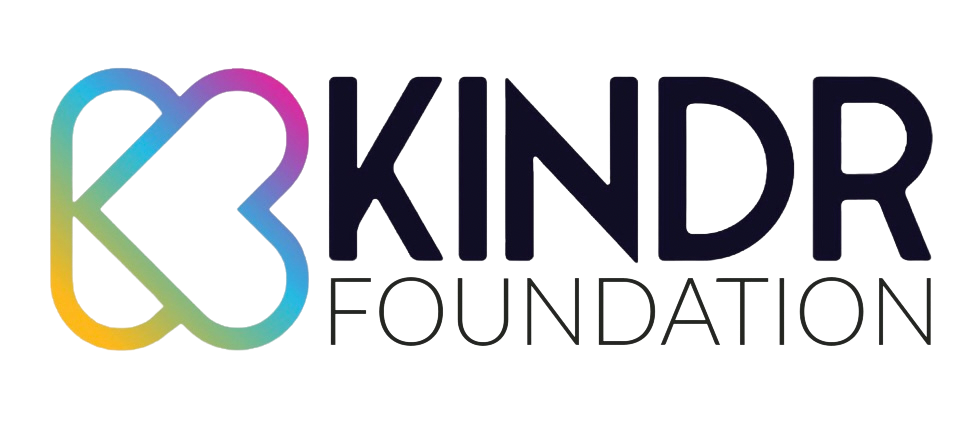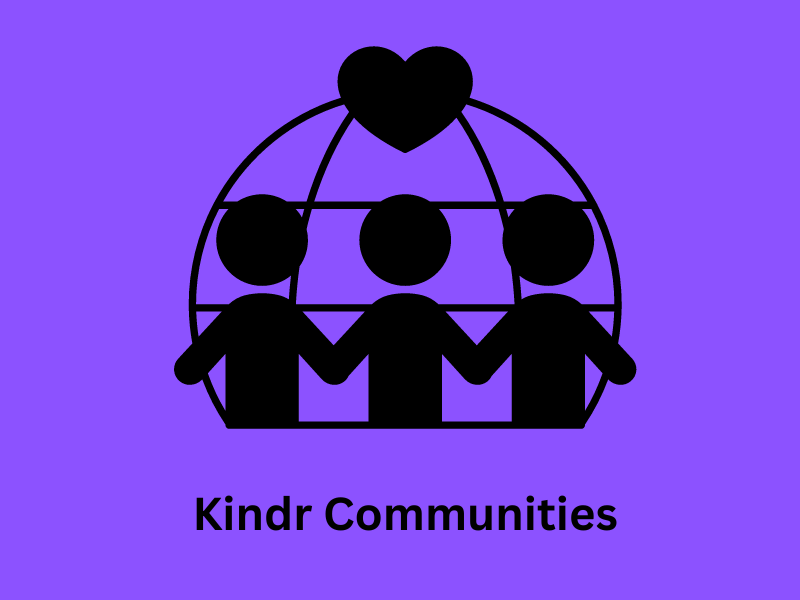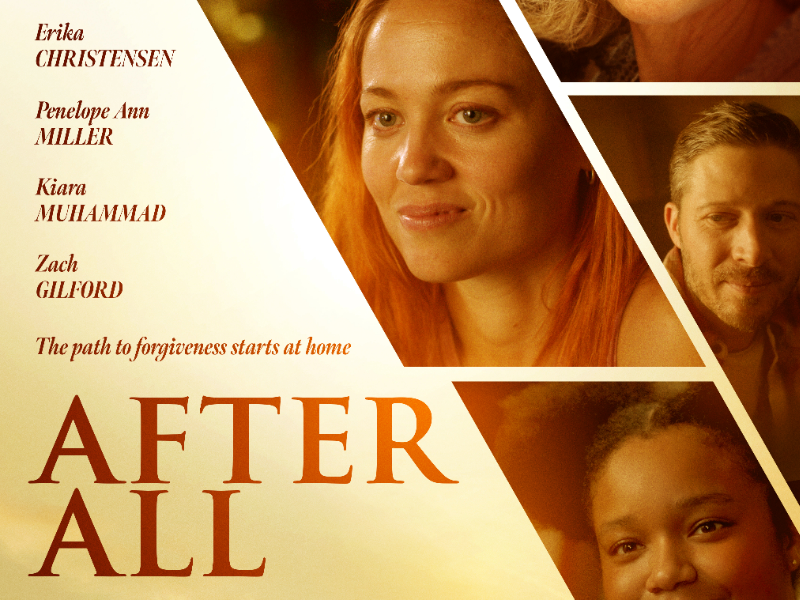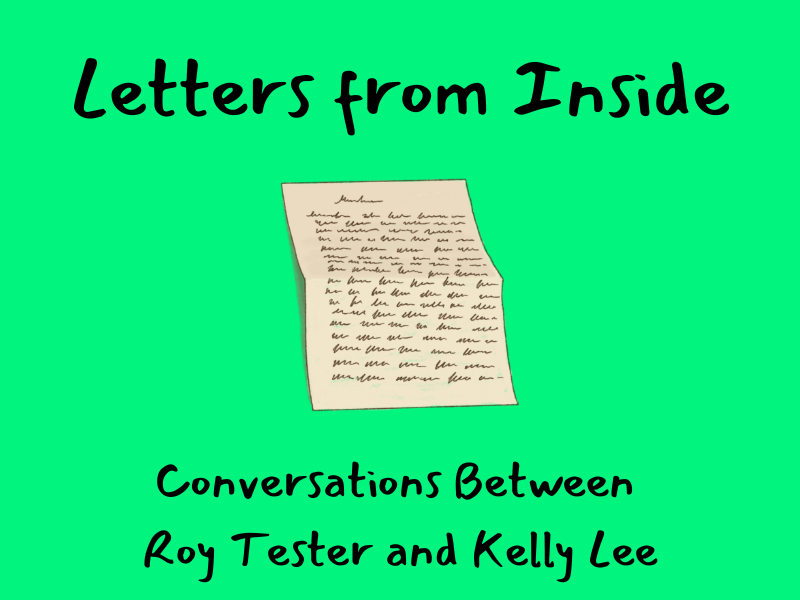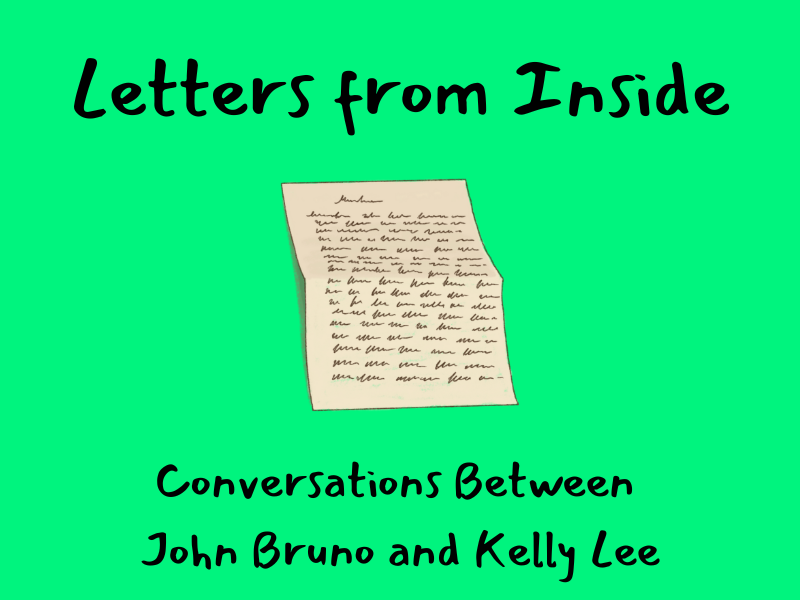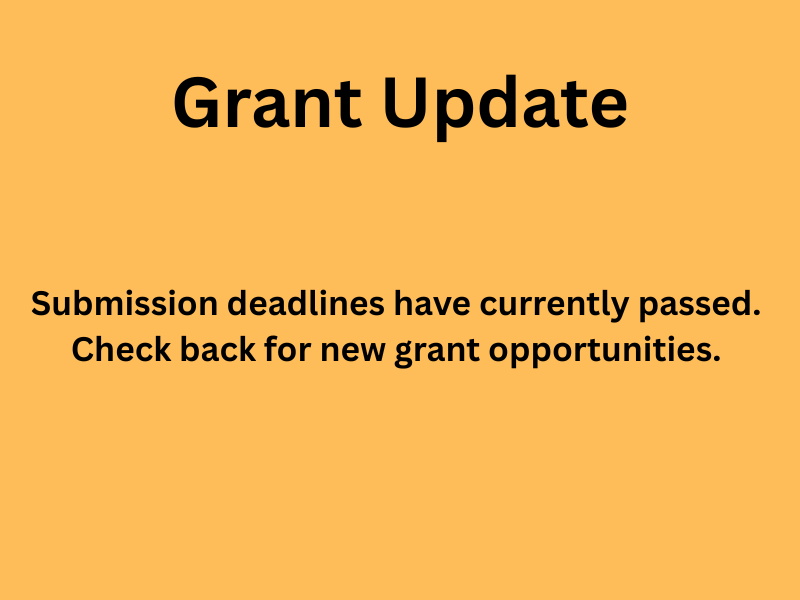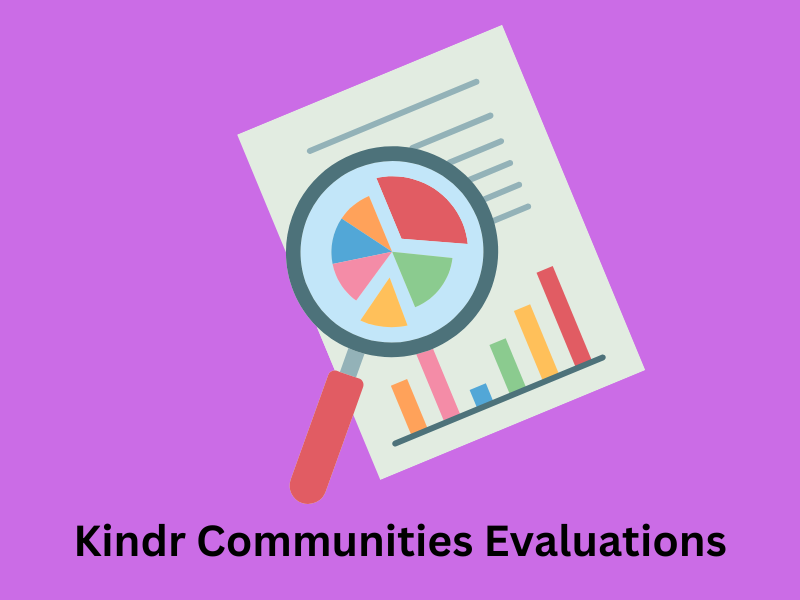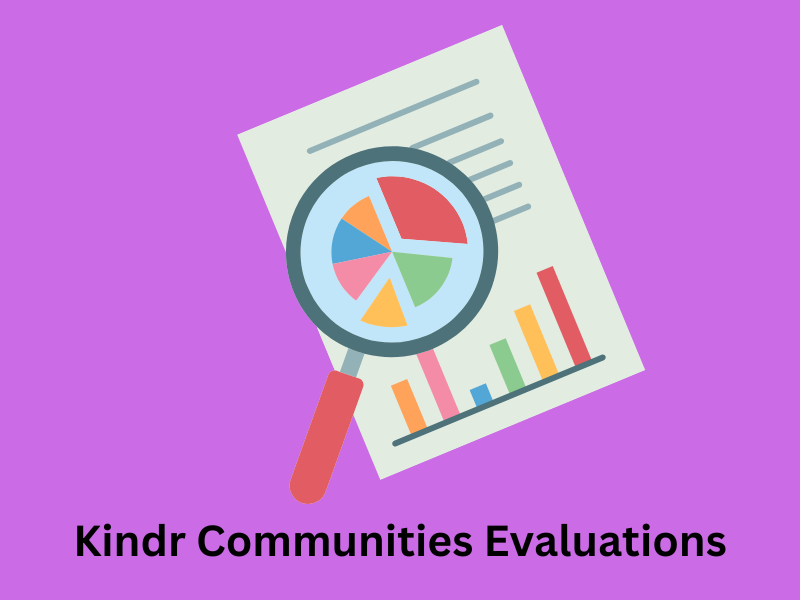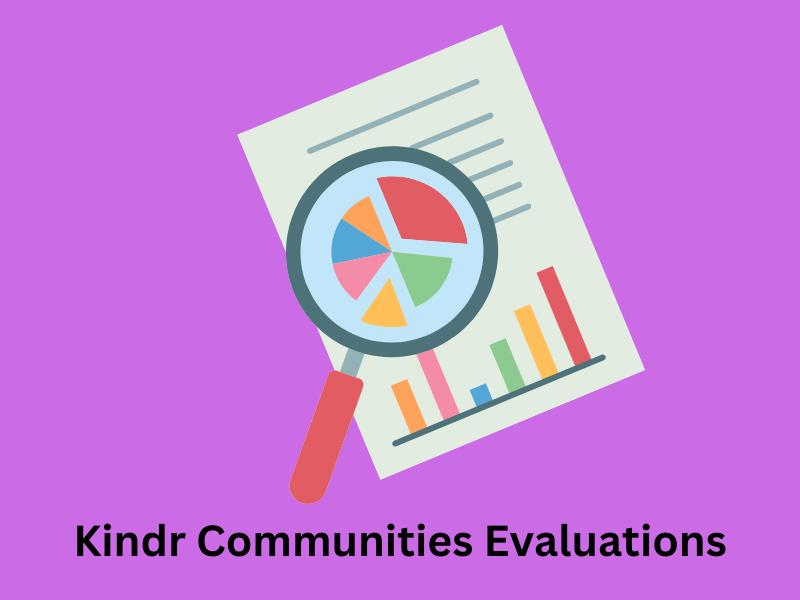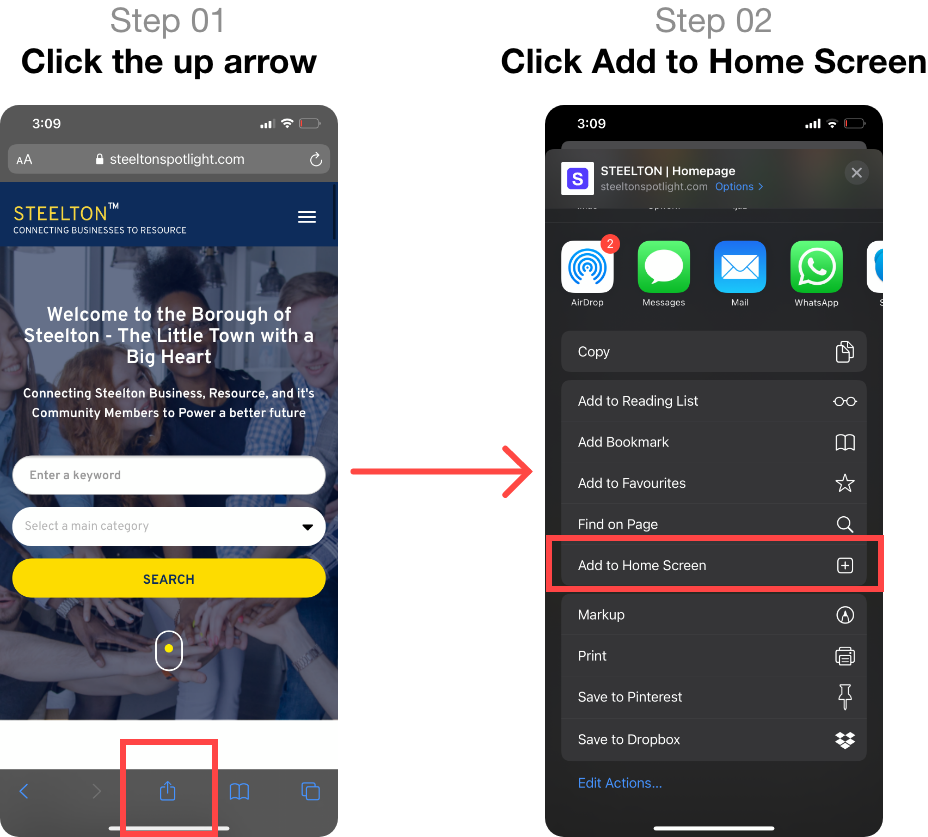
Learning Mindful Kindness in After-School Programs
Learning Mindful Kindness in After-School Programs
“I act more kindful and thoughtful of others,” says Caiden, age 10, a participant in R.I.S.K Business Camp. “It really lets you learn the inner you, how you see yourself and others.”
“I dance,” says Kendall, a 13-year-old student at Project CAMP, “and usually when I get frustrated with myself about not understanding something, instead of being super upset about it and letting it eat away at me, I use the three-breath method [taking three slow deep breaths to redirect our mind]. I calm down and I try it again instead of just sitting there not doing it.”
“I was more of a shy person,” says Zeq, an 18-year-old basketball player in the StepN2OurLane program. “I didn't really interact with people. But now going through the program, I’m more confident in speaking to other people, such as teachers and coaches.”
The experience that has changed these young people is their participation in facilitated group sessions working through Lasting Happiness: A Guide for Teens and Young Adults, supported by grants from the Choose Kindness Foundation (CKF). Lasting Happiness was written by CKF founder and president Douglas Carnine.
Lasting Happiness teaches “mindful kindness,” helping people with step-by-step tools to build on their kind habits, to learn ways to break unkind habits, and to recognize and overcome their biases toward other types of people. “Mindfulness is a way to be more aware of what’s going on around us and inside us,” Carnine says. “Mindfulness is the path to kindness and kindness is the key to a happy, fulfilling life.”
〰️
The three organizations that Caiden, Kendall, and Zeq participate in are among eight social service agencies in Central Florida that integrated Lasting Happiness sessions into their programs in the past year, serving more than 1000 primarily at-risk youth, with a focus on African American, Latinx, and Indigenous communities.
“It's just like the book was magical,” says Jeffrey Williams, executive director of The R.I.S.K. (Reality Instills Skillful Knowledge) Clubs in Haines City and Lakeland. The R.I.S.K Clubs provide mentoring and training for boys and girls 12–18 years old and takes them on college tours and other activities to prepare them to be constructive contributors to their communities. “I'm always trying to engage kids to get them connected to whatever resource is out there to make them successful,” Jeffrey says.
He was introduced to Lasting Happiness by the Director of School and Community programs, Kim Cage. After facilitators were trained, the club began sessions for three weekly after-school groups in each city. “The kids were highly engaged and it's hard to really get teenagers motivated about anything,” he says. “But the book was an instant success.”
The Business Camp is an eight-week summer extension of the R.I.S.K. Clubs, focusing on practical math, money-management skills, and field trips to local businesses, but also includes spiritual elements and some summer-camp-like fun trips to Siesta Key Beach.
Sam, 13, another Business Camp participant, says the most important thing he learned from the daily hour-long Lasting Happiness sessions was “how to manage my anger, manage my emotions, how to stay chill, stay calm and positive.” He says he does that by taking a deep breath, which he also did before being interviewed over Zoom by a man he’d never met before: “I just did it. I took an inhale and now I’m calm.”
Sam says the sessions also helped him with “taking in sadness. When I get a little sad, I think of the good side and not the bad side, and it gives me more of a positive feeling.”
Jeffrey says he isn’t prone to casually handing out compliments, but he says, when he saw the “magical impact” the Lasting Happiness groups had on his students, “I started telling other groups and organizations, ‘Hey, you need to check out this program. It will be extremely beneficial to your youth to deal with behaviors, to deal with how they make choices and react and respond to anger.’”
〰️
Vincent Miller, founder and director of StepN2OurLane—a program that started as a nonprofit basketball league and has grown to also include elements stressing education, arts, and community service—saw a post from Jeffrey Williams on Facebook about how R.I.S.K. Clubs were teaching “these pillars of kindness,” so he reached out and Jeffrey connected him with Donna Dwiggins, Executive Director of CKF—and “We’ve been rocking it ever since.”
StepN2OurLane’s basketball program runs March–June and serves more than 50 boys ages 12–18, who average three to four risk factors on the Adverse Childhood Experience (ACEs) survey. The program helps offset expenses for participation fees and travel costs to tournaments all over the country, provides tutoring and mentoring services, and guides the youth to participate in community service projects. The program serves a total of about 120 youth with academic tutoring services, including during the “off-season.”
The program’s participants had weekly two-hour Lasting Happiness sessions. When they traveled, they often read the book and completed written assignments on the bus, and held facilitated sessions in hotel lobbies or meeting rooms.
“Whenever we were reading on the way to the trips, it just felt like we were more connected as a unit,” says Zeq. “On the self-confidence part, everybody was talking and we're all sharing with each other about how we could fix things.”
Vincent saw that in action, “when we had our group meetings, whether we were traveling on the road or at the hotel. I think the biggest benefit for my program is getting our kids to be able to communicate. Being able to have a strong conversation is a skill that our young people are lacking, something that the public system or chartered schools don't teach.” But, he says, participating in the Lasting Happiness program “taught them how to try to communicate with one another.”
He recalls one specific situation during a tournament in Chicago. “The games didn't go like we wanted them to go, but they all were able to sit down in a group and have a conversation of ‘how do we make it through the next game.’ And that was the biggest piece to see how they actually were able to communicate and think about what other people felt in the group before they personally put their individual thought to it.” He says the change wasn’t just a result of what they had learned from the book but also because of the “intentional meetings that we had to go through the book.”
Not every student-athlete took to the program enthusiastically. “But the ones who really invested in it, actually took the time to read, really grew from their personal experience, whether it's in their individual home life, what they were going through with their families, or what they were going through with their teammates on the court, you saw them taking time to realize everybody’s feelings count, not just their own individual feelings.”
Zeq says those sessions taught him a lot about “treating people right and with kindness.” He is just starting his senior year in high school with hopes of a possible athletic scholarship to college and plans to become an architect.
〰️
Chrystal Davis, director of Project CAMP (Community Arts Mentoring Project), became “very, very interested” in the Lasting Happiness program when CKF Director of Schools and Social Service Programs, Kim Cage, explained that its approach was evidence-based and was designed to have young people actively involved. “Our biggest thing with the kids is that we want to engage them, but we also want to use a meaningful tool, something that's research-based that we know is going to work.” She knew a guest-speaker format could not actively engage the 22 girls who were 12–18 years old during the all-day summer camp, which focuses on dance and other arts. Project CAMP also has a once-a-week mentoring session during the school year. Students are mostly Black and Latinx, some with “a lot of risk factors” and others with more stable family situations.
The 90-minute Lasting Happiness mentoring sessions were the first thing the students did every day. At first, it was a struggle. “They saw the book and instantly thought, ‘oh, no this is going to be like school,’” Chrystal says.
“Our facilitators were really good at getting them involved,” she says, “and we had them on the floor in the studio, a very comfortable setting.”
One of the three facilitators was Monae Driver, who teaches in middle and high schools. She says her first impression of the book was that it could be a challenge for young students to handle. “I think at first it was overwhelming. It was a lot for them to deal with emotionally. A lot of them felt like it wasn't even important. Why are we doing this? They didn't want to talk about certain things?”
She expanded on the hands-on activities to those offered in the book – “role playing, personal experiences, and how to work through those things,” she says.
“As these two months have gone on, they've become way more vocal, adamant about how they feel, they're becoming ambassadors,” she says. “I just think there's a big change. I'm pretty confident over half of them ended up in a situation where they really learned something and could take something from it.”
“There's a lot of conversations our culture does not have. A lot of people kind of push it away or don't know how to deal with it, so I think that knowing they had adults who were able to sit down to talk with them and really take the time to be transparent, I just think it gave them the courage or the confidence to be more available to it.”
Monae recalls a conversation she had with 13-year-old student Kendall. “I had a one-on-one with her,” Monae says, “and she opened up in some areas where she's concerned about her mental health and things like that. We prayed and talked about some of the things she was dealing with and I was trying to help motivate her to see her purpose in life. I think she understands that she's here for a reason and that life is hard, but there are ways to navigate through it.”
Kendall says that with Monae’s help and the Lasting Happiness sessions, she’s learned better ways to deal with the challenges she faces outside of school. “I feel like when I notice myself starting to get stressed out about them, I could take some time, calm down, and realize how to plan certain stuff out instead of just letting it all get to me all at once.”
Kaley, an 11-year-old student at Project Camp, says, “The biggest thing I think that has changed is how I feel about a hard situation and not letting it go, but addressing it and not being so mad about it or mad at myself about not saying anything.” She hopes to build on what she learned this summer “to work on myself, and not just carry it forward for myself but to help others, too.”
Jenny, a 13-year-old Project Camp participant, says her Lasting Happiness experience helped her with her anger and in overcoming her biases. “My mom told me ‘Oh, Jenny, this camp is a good idea for you because you've become less angry. You don't get as upset with your sisters anymore.’"
She says a lot of unhoused people live in her neighborhood. “But I don't look at them the same,” she says. I think, ‘Oh they could be going through trauma or their mom could have died and they just let themselves go,’ instead of thinking, ‘Oh they robbed a bank and got out of jail, and now they're homeless.’”
Director Chrystal Davis noticed similar changes among the group as a whole. “That was a big one because we are very diverse. We have mostly Black and Hispanic students, but we do have a few white students. Sometimes when they come in, they don't always feel comfortable. That lesson in itself was really good because it taught all of them about respecting differences, not passing judgment, things like that. And I think that for our kids, those little things that were in the book were lessons that will last them for the rest of their life.”
〰️
It wasn’t just students who were changed by their work with Lasting Happiness: these leaders and facilitators also saw it in themselves. “I definitely think that we've seen a difference and a change in ourselves,” says Chrystal, “not just with the kids.”
“It's affected me and how I do business to be honest with you. Even school teachers sometimes don't know what's going on at home with the children, and we see it here at camp. We see kids come in and they're sleeping in the corner and they're unmotivated. I'm trying to teach my staff to find out what's going on. Since we know that's not the norm for a 12-year-old, let's find out what's happening. Why are they coming in sleepy or angry?”
Chrystal has done trainings with the summer camp staff “about how can we be more kind ourselves not only to the parents, but also to the kids. Instead of telling them to be quiet, go get your shoes on, we need to think maybe something happened at home and they don't have their shoes because there was domestic violence at home or there was a power outage. We have to start thinking more about what could have happened instead of what is happening now.”
“It affects us all,” says Project CAMP facilitator Monae Driver. “I think it was good for the adults, too. We can learn from these children. Some of those conversations opened up to things I haven't dealt with personally, or I haven't helped someone go through personally—the deeper things that these children are going through. I was happy that I had an aid to help me deal with it.”
Vincent Miller, director of StepN2OurLane, had a similar experience: “The uniqueness of what the book is actually teaching is to think about those individual situations and individual people and being able to get through those differences, stop, breathe, think about it, and then make a comment. We had to check our individual feelings and then realize that everybody else has individual feelings too.”
To see that process working with a large group of his students was a moving experience for him. “It was great,” he says. “Having almost 50 or 60 kids in the hotel lobby in the morning, making sure their passages were read. As a Black American, it was an enjoyment to see my Black, African American kids and Hispanic kids being able to have a decent conversation and to understand each one of their individual feelings. It’s a feeling that nobody can even understand unless you're in the individual moment.”
Jeffrey Williams, director of the R.I.S.K. Business Camp, says the facilitators in his program really took to the Lasting Happiness program. “One said, ‘It’s Biblically based. Man, we’re using that at church. Some of the stuff that we are learning, we’re extrapolating from the book and applying it to our congregation. It really is a blessing.’”
Some mentioned how it helped at home with their spouses. “They fell in love with the book and teaching it,” Jeffrey says. “And it oozed through to their kids and the kids looked forward to it and they were participating on a consistent basis.”
“Some kids have problems with anger and impulse control and can be disrespectful to adults. They might just go ‘boom’ and lash out. But once we started rolling and we got the book going, those same kids learned to just pause and maybe just inhale. Instead of instantaneously lashing out with a quick snap back, they learn to think before they respond. They were making positive choices, so we would say, ‘Wow! Wow! They didn't respond. They didn't react to a situation that they normally would react to.’ It showed some growth.”
Jeffrey says he plans to continue working with the Choose Kindness Foundation and the Lasting Happiness program, “As long as they will allow us to participate.”
“Kids don’t care what you know until they know you care, and you do what you do consistently. We just can't do it one time or two times. We have to integrate it into what we do daily, and the kids appreciate that, and they value it. And it shows—and it shows over time, and it becomes a habit.”
That’s at the heart of what CKF is trying to do: making kindness—to ourselves and to others—a habit, which is the key to lasting happiness.
